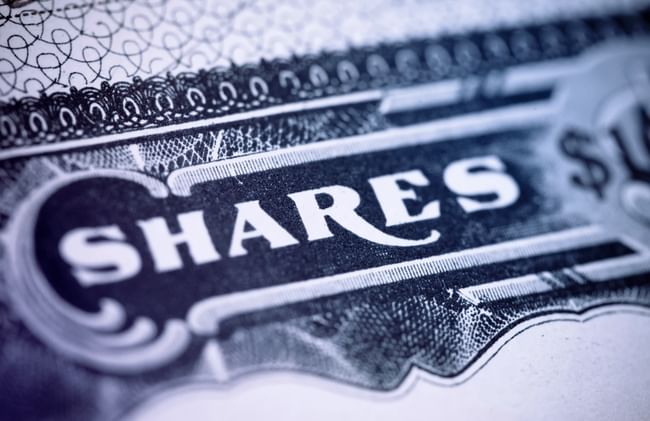I recently came across an article that talked about another possible stock split, and I'm thinking, this isn't really being talked about that much. From an investor's perspective, I experienced this in my early days and took it positively, I could afford a share of the company and not just fractions. Of course, does it have any other effects on investors?

Astock split, also known as a stock split, is an event that allows a publicly traded company to change its stock price and number of outstanding shares without affecting its market capitalization or ongoing operations. It is a cosmetic change that either makes the company's stock price nominally more affordable to investors without access to partial stock purchases (i.e., a forward stock split) or increases the company's stock price to ensure that it remains listed on a major exchange (a reverse stock split).
In the last 3 years, several well-known and large companies have resorted to this move, such as Nvidia $NVDA, in July 2021, Amazon, in early June 2022, Alphabet $GOOG, $GOOGL, and Tesla $TSLA, in late August 2022. Companies that split their shares are better on Wall Street. The question is, which companies will be the next stocks to split? The following four seem like logical candidates:
Broadcom. $AVGO
Broadcom is probably best known for its wireless chips and accessories used in next-generation smartphones. The continued rollout of 5G infrastructure and faster download speeds are expected to entice businesses and consumers to upgrade their wireless devices. What is attracting Wall Street's attention in 2023 is the role Broadcom is playing in data centers and vehicles. In addition to relatively steady growth in connectivity and data center access chips, the company's stock has rocketed this year on hopes that sales of AI-derived chips will double to about $1 billion, according to CEO Hock Tan.
Chipotle Mexican Grill, $CMG
Chipotle shares are up 9,189% since the company's initial public offering of $22 in 2006, and there has never been a stock split. The company, whose restaurants strive to work with only the freshest foods prepared daily, goes to great lengths to ensure that most of the vegetables are locally sourced and the meat used is responsibly raised. Consumers have gravitated toward healthier/organic foods over the past two decades, and Chipotle's success is a testament to the strength of this trend. In 2018 they introduced Chipotlanes as a way for consumers to place their order digitally, this would not be exceptional today, but Chipotlane followed three years later with their first digital kitchen specifically geared towards processing digital orders. With sustained double-digit sales growth, Chipotle is clearly doing something right.
AutoZone $AZO
The third company that could be the next stock split is auto parts chain AutoZone. It last split its stock in April 1994. Since then, the stock price has been rising. One of the key reasons it has been the best performer for so long is its capital return program. Although it does not offer a dividend, AutoZone's board of directors has authorized an aggressive share repurchase program. Since 1998 (the first year the company began repurchasing its stock),they have bought back 153.6 million shares of common stock, the equivalent of $32.8 billion.
Costco $COST
Costco hasn't split its stock since January 2000, and it has delivered stellar returns since then. It is now slowly approaching its ATH. The benefit of Costco's long-term above-average performance may be related to its buying power and membership-driven operating model. They use bulk buying, meaning lower unit costs, which they can then pass on to their members in the form of lower prices and use to attract new members to their stores. The membership model is also a reason for success. The company generates tiny margins on the food products it sells, but skims large margins on annual memberships sold to customers and businesses. These annual fees ensure that Costco can undercut most retailers on price. A stock split could be just the thing to attract even more smaller investors.
How do you even feel about this happening to a company's stock, or do you not care because either way, when the value is high, fractions make it possible for us to afford to invest in these companies over time even with small capital. And what's your opinion on the second and third company, I read about these two for the first time today? 😊
The growth of $CMG is unreal :-D and I don't get it... I was in San Fracisco for a while and this fast food place didn't really appeal to me...
And in that list of splits over the last 3 years, you forgot our favorite $AAPL:)
Nicely written. I would add that the split may not only be to increase liquidity and attract retail investors, but there is also the possibility that the stock may be included in an index in the future. Some indices have a cap on the maximum share price for inclusion in the index. By splitting, the price falls below this limit and the company has a chance to be included in the index.